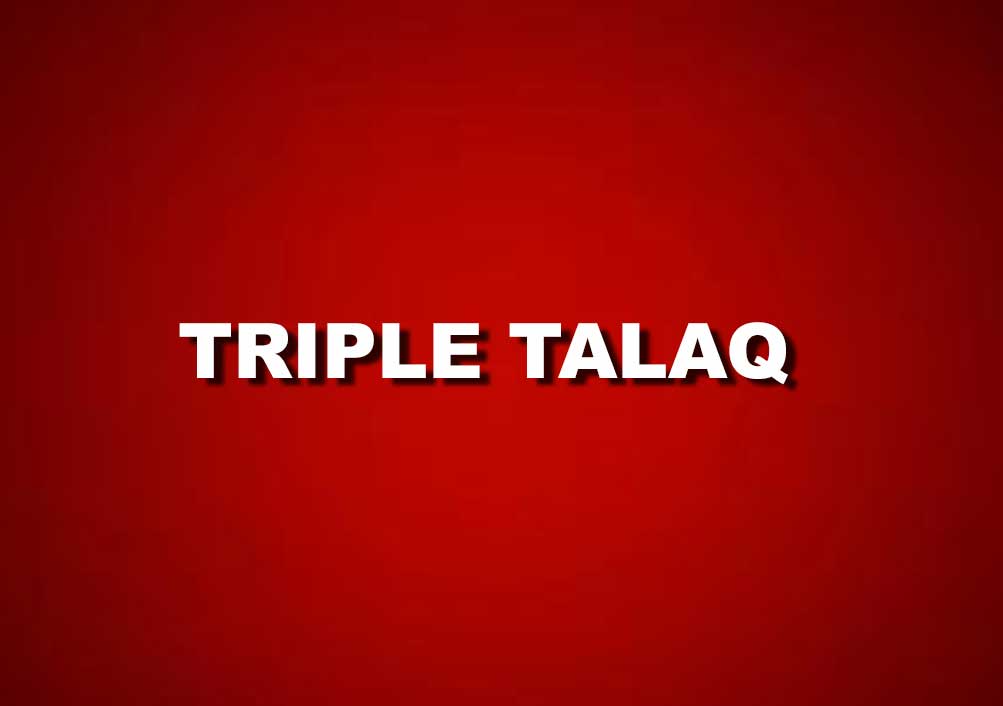In CRL. M.C. No. 5763 of 2014-DEL HC- Decision rendered by co-ordinate Bench is binding on subsequent Benches of equal or lesser strength: Delhi HC reiterates Top Court’s settled law
Justice Purushaindra Kumar Kaurav [12-12-2022]

Read Order: PARTHA GHOSH v. REGISTRAR OF COMPANIES AND ORS
LE Correspondent
New Delhi, December 14, 2022: The Delhi High Court has reaffirmed that it is only when a proposition is contradicted by a subsequent judgment of the same Bench, or it is shown that the preposition laid down has become unworkable or contrary to a well-established principle of law, that a reference will be made to a larger Bench.
A Single-Judge Bench of Justice Purushaindra Kumar Kaurav allowed the instant petition under Section 482 of the Code of the Criminal Procedure, 1973 directed against the complaint of 2014 pending in the court of Additional Chief Metropolitan Magistrate, and order of summoning.
The Single Judge bench was of the view that the doctrine of binding precedent is of utmost importance in the administration of our judicial system, it promotes confidence in the minds of the individuals that their conduct is to be regulated by a law that is certain, predictable, and consistent. Indeed it is an essential component of any civilized democracy governed by the rule of law.
The counsel appearing on behalf of the petitioner challenged the impugned order mainly on the ground that the same was without application of mind; the allegation made in the complaint did not constitute any offence and lastly, in view of Sections 468 and 469 of the Cr.P.C, the period of limitation is six months and the complaint is filed after the expiry of six months.
The petitioner, in the instant case, was a partner at Price WaterHouse, Chartered Accountants, which was a Statutory Auditor of M/s Religare Finvest Limited. The petitioner by profession was a Chartered Accountant.
On July 10, 2014, a complaint was filed against the petitioner before the court of the ACMM under Section 233 of the Companies Act, 1956 for the commission of an offence under Section 227(2) and 227(3)(d) of the Companies Act.
According to the complaint so filed, the MCA directed for inspection of the books of accounts and other records of the Company under Section 209(A) of the Companies Act. The inspection of the books of accounts of the Company was carried out by the Assistant Director (Inspection) in April 2013. On May 22, 2013, the Inspecting Officer asked the petitioner to explain the violations found in the inspection so conducted. It was stated in the complaint that the petitioner failed to furnish any reply till the submission of the inspection report.
By a letter dated March 21, 2013, MCA directed the complainant i.e., Registrar of Companies to file the instant complaint. Accordingly, the complaint was filed on July 10, 2014 and on that very date, the ACMM had taken cognizance.
In the instant case, the violation alleged in the complaint was punishable only with a fine as per Section 233 of the Companies Act. As per Section 468 of the Cr.P.C., there is a bar in taking cognizance of an offence specified in sub-Section 2 of Section 468 of the Cr.P.C., after the expiry of the period of limitation. As per sub-Section (2) (a) of Section 468 of the Cr.P.C., the period of limitation for the offence punishable with a fine is only six months, the Bench noted.
After considering the submissions from both the sides, the Court noted a perusal of the order passed by the ACMM dated July 10,2014 indicated that no reason, much less sufficient reason, was assigned while taking cognizance. The said order only stated that the ACMM perused the complaint which prima facie disclosed offence under Section 233 read with Sections 227(2) and 227(3)(d) of the Companies Act. The order of taking cognizance being non-speaking, deserves to be set aside merely on this ground alone in view of the decision of the Hon’ble Supreme Court in the case of Lalit Kumar Singh & Ors. v. State of Maharashtra and the matter can be remanded back to the ACMM.
However, at this stage, this court did not find it appropriate to relegate the parties to the court of the ACMM and instead proceeded to decide the matter on merits as the same was pending since 2014.
In view of the same, the Court found that the controversy involved in the instant case had already been settled. Arguments similar to the ones made in the present case were rejected by the coordinate Bench of this court in its decision in Kavi Arora v. Registrar of Companies. To that extent this court was bound, therefore, there was no reason to take a different view and hence, the submission made by counsel for the respondents to refer the matter to the Division Bench was also liable to be rejected, the Court stated.
“ It is a settled principle of law that the decision rendered by a co-ordinate Bench is binding on the subsequent Benches of equal or lesser strength” . Reference was made to the case of National Insurance Company Limited v. Pranay Sethi. Further reliance was also placed on the case of Chander Prakash v. State of U.P.
Thus, in view of such observations made above, the petition was accordingly allowed.
Sign up for our weekly newsletter to stay up to date on our product, events featured blog, special offer and all of the exciting things that take place here at Legitquest.




Add a Comment